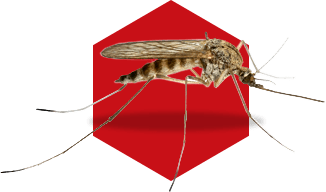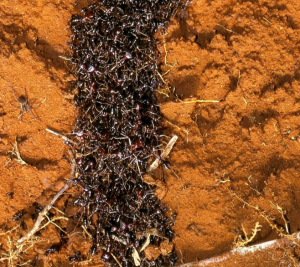
The deep-rooted scourge of fleas, typically connected with pet canines or felines, can influence any home. And keeping in mind that compound-based flea medicines can be compelling, they might act as wellbeing risks to tenants as well as pets.
Normal and non-poisonous flea Pest Control Essex techniques, for example, diatomaceous earth and electric flea traps, are more secure choices.
Normal, non-harmful flea control
“Stay away from contact with eyes, skin, or attire.” “Keep far off from youngsters.” “Residue delivered by the collar is a cholinesterase inhibitor.”
These are normal preparatory articulations on numerous promptly accessible flea medicines. However, while the item might be compelling at killing fleas, what is its impact on your pet’s wellbeing or your family?
Studies show that as numerous as half of American families report utilizing some sort of flea and tick control item on pets, uncovering a huge number of youngsters exposed to poisonous synthetics consistently. Beginning exploration likewise shows that a huge number of pets might be nauseated or pass on every year because of persistent, low-portion openness to organophosphate-based bug sprays through their flea and tick chokers.
In any case, while there are innumerable accounts of pets, and even individuals, who have experienced the evil impacts of flea medicines, observing options can be an issue for the vast majority.
A couple of realities about fleas:

Fleas are like cockroaches in that they adjust to their current circumstance. With aging, their grounding and safety to well-known flea control synthetic substances increases.
Fleas live mostly in your pet’s current situation, rather than in its hide. Each flea found on your pet might imply that there are around 30 more residing in your home.
A solitary flea can lay upwards of 60 eggs each day. The life expectancy of a flea is around 90 days, however, the sleeping case can make due up to a year without taking care of it.
Controlling fleas requires some work, however, there are more secure and successful ways of controlling fleas than synthetic-based business flea control items. Understanding the flea life cycle will likewise assist you with destroying fleas from your home by assisting you with focusing on the best techniques for the issue.
Flea life cycle
Before, animal people believed that treating their pets for fleas was the method for disposing of the issue. Tragically, for each grown-up flea spotted on a pet, one more 100 lie on pause around the house. That is because albeit grown-up fleas move to your pet’s jacket, their eggs, pupa, and hatchlings live transcendentally in your pet’s indoor climate.
A total flea life cycle from egg to grown-up can require a long time to months, contingent upon ecological conditions. Eggs laid by female fleas on your pet’s jacket are quickly shed and remain undetected for up to 12 days until they hatch.
When the hatchlings arise, they are hazy to white. The parasites live from four to 18 days, searching for outbreaks in floors, moist corners, pet sheet material, or other places where dampness is high. They turn logically more obscure as they feed on grown-up flea dung and other natural matter. Ultimately, they turn a case and enter the pupal stage, which can endure from three days to as long as one year.
Grown-up fleas start looking for a host, before long they arise. When they observe one, they’ll start the cycle once more within 48 hours. Before going after pesticides, check whether these more secure, non-poisonous techniques assist with controlling flea issues.
